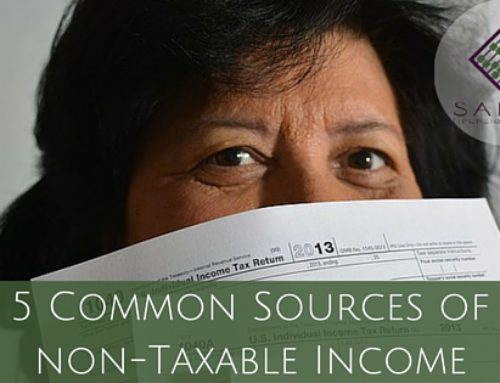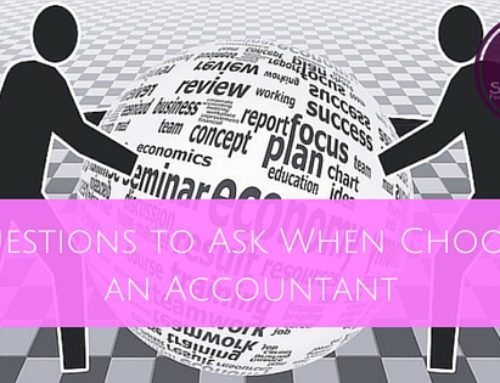What’s the #1 thing you’re afraid of when you start preparing your tax return?
For personal AND business returns, everyone is afraid of paying more in taxes than they have to. If you own a small business, tax time can feel complicated and challenging. Deep inside, you know that the livelihood of your company is at least partially dependent on its ability to minimize its tax liability while still meeting the requirements of the IRS.
Rarely is the topic of taxes described as an enjoyable or interesting topic (except for maybe people like me), but they’re a part of any serious business owner’s life. Getting a handle on your business taxes can not only increase your income by preventing you from shelling out too much money, but it can also help you avoid legal issues.
Here are a few tips to help you keep your tax bill down:
Keep your tax and financial documents for at least 7 years.
If you’re ever audited, you’ll need those records. Yes, you need to be prepared because the IRS can go quite a few years back with an audit if they feel they have a reason to reexamine your records. If you’re audited, any claims made at tax time for the year in question require supporting documentation. Keeping good records is an excellent idea for any small business because it encourages organization. It is very difficult to reconstruct records at a later date and if any of your deductions are disallowed because of a lack of supporting evidence, you can end up owing money to the IRS.
Be aware of all your deadlines.
It isn’t all about April 15th. While most sole proprietorship and C-corporation businesses can wait until “tax day,” partnership and S-corporation tax returns are due the 15th day of the third month after the fiscal year ends, so normally March 15th for a calendar year ending business. Don’t be late, and don’t skip years. There’s no such thing as you being too busy to file your tax return every year. Sorry!
Prepare early.
Statistics show that the vast number of tax filers wait until the last minute. If you’re expecting a refund, this can be the worst time to file. The IRS is overwhelmed with all the tax returns that pour in. Also, here’s a little-known tip: filing early can also be the best time to avoid an IRS audit. In addition, preparing your tax return early leaves you time to find any missing documents and answer any questions that may arise.
Understand your loans.
The IRS doesn’t classify most business loans as income, but the interest paid on loans is generally a deductible expense. It’s important to have records regarding the use of any loans. It might be for equipment or to finance some other activity.
Pay your quarterly tax bill.
This is a common mistake. If you have an employer, your taxes are regularly taken out of your paycheck. Once you start working for yourself, however, it’s up to you to make sure that you estimate your tax liability each quarter and pay it. Failure to pay this can result in a significant tax penalty.
* You might also end up with a bigger tax bill than you can handle in a single payment. Make a habit of setting aside a portion of your profit each month in anticipation of paying your quarterly taxes.
Get help.
Depending on the complexity of your business’ finances, hiring an expert to prepare your tax return might be a good idea. In theory, the money you spend ought to result in a smaller tax burden. It’s also helpful if any legal issues arise.
In conclusion, taxes are a large expense for any business that shows a profit. It only makes sense to minimize that expense as much as is legally possible. Consult a tax professional if you have any questions or concerns regarding your business’ tax situation.









